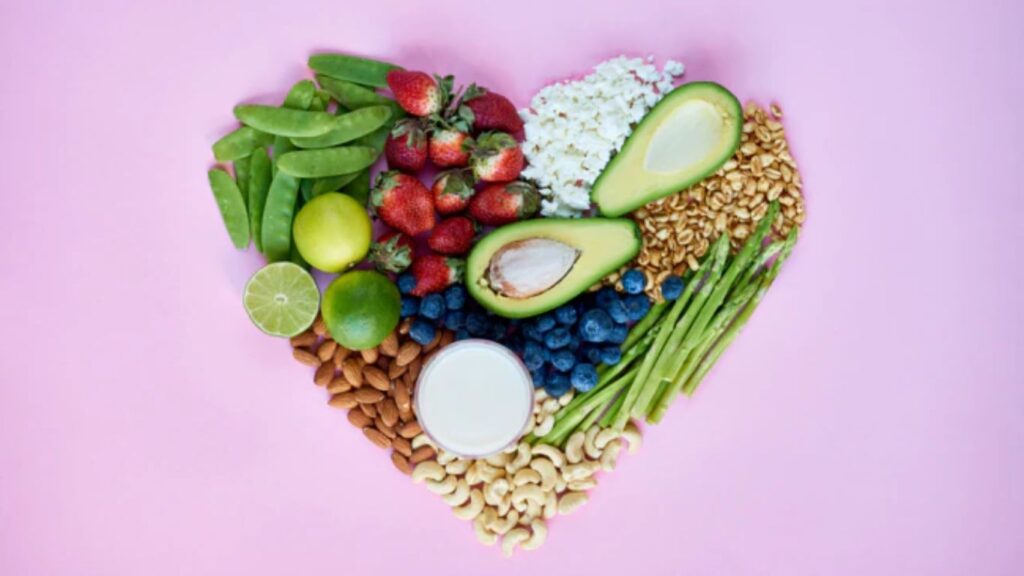In today’s fast-paced world, maintaining proper nutrition can often take a backseat. This neglect can have dire consequences, as certain nutritional deficiencies have been closely linked to an increased risk of early cardiac arrests. While genetics and lifestyle factors play a significant role in heart health, the impact of diet and nutrition cannot be ignored. Early cardiac arrests, which are alarmingly rising among young adults, may be prevented by addressing these deficiencies through mindful eating. In this blog, we’ll explore the nutritional deficiencies that contribute to cardiac arrests and the foods that can help prevent them.
Nutritional Deficiencies Linked to Early Cardiac Arrests: Foods That Could Save Your Life
Key Nutritional Deficiencies Contributing to Cardiac Arrest
- Magnesium Deficiency Magnesium plays a crucial role in maintaining normal heart rhythm and regulating blood pressure. A deficiency in magnesium can lead to irregular heartbeats, muscle cramps, and increased blood pressure, all of which contribute to a higher risk of cardiac arrest. Magnesium deficiency is often caused by a diet low in leafy greens, nuts, seeds, and whole grains.
- Potassium Deficiency Potassium is essential for maintaining the electrical balance in the heart. Low levels of potassium, known as hypokalemia, can cause heart palpitations, arrhythmias, and even sudden cardiac arrest. Potassium is also vital for regulating blood pressure and heart function. Diets high in processed foods and low in fruits and vegetables can lead to potassium deficiency.
- Vitamin D Deficiency Vitamin D is not only important for bone health but also plays a significant role in cardiovascular health. Studies have shown that low levels of vitamin D are associated with a higher risk of heart disease, hypertension, and cardiac arrest. Vitamin D helps regulate calcium levels in the blood, which is critical for maintaining a healthy heart rhythm. Vitamin D deficiency is common due to limited sun exposure and inadequate dietary intake.
- Calcium Deficiency Calcium is essential for the contraction and relaxation of heart muscles. When calcium levels are too low, the heart may struggle to pump blood efficiently, leading to heart failure or cardiac arrest. Calcium deficiency can be caused by poor dietary intake or conditions that affect calcium absorption, such as vitamin D deficiency.
- Omega-3 Fatty Acid Deficiency Omega-3 fatty acids, commonly found in fish, nuts, and seeds, are known for their heart-protective properties. They help reduce inflammation, lower blood pressure, and improve cholesterol levels. A deficiency in omega-3 fatty acids increases the risk of cardiovascular diseases, including heart attacks and cardiac arrests.
- Vitamin B12 Deficiency Vitamin B12 is essential for the production of red blood cells and maintaining healthy nerve function. A deficiency in B12 can lead to anemia, which puts additional strain on the heart. In severe cases, this can lead to heart failure or cardiac arrest. Vegetarians and vegans are particularly at risk of vitamin B12 deficiency since it is primarily found in animal-based products.

Foods That Can Help Prevent Cardiac Arrest
- Leafy Greens Foods such as spinach, kale, and Swiss chard are rich in magnesium, potassium, and calcium. Incorporating more leafy greens into your diet can help address these key deficiencies and reduce the risk of cardiac arrest. These greens are also packed with antioxidants, which protect the heart from damage caused by free radicals.
- Bananas Bananas are an excellent source of potassium, which helps maintain proper heart function and prevent arrhythmias. Consuming a banana a day can help keep your potassium levels in check, reducing the likelihood of heart-related issues.
- Fatty Fish Salmon, mackerel, and sardines are rich in omega-3 fatty acids, which help reduce inflammation, lower blood pressure, and improve overall heart health. Including fatty fish in your diet at least twice a week can significantly reduce your risk of cardiac arrest.
- Fortified Cereals and Dairy Products For those at risk of vitamin D deficiency, fortified cereals, milk, and orange juice can provide an additional source of this essential nutrient. Vitamin D is crucial for calcium absorption and maintaining a healthy heart rhythm.
- Nuts and Seeds Almonds, walnuts, flaxseeds, and chia seeds are excellent sources of magnesium, potassium, and omega-3 fatty acids. Snacking on nuts and seeds or adding them to salads and smoothies can help address these key deficiencies and support heart health.
- Eggs Eggs are rich in vitamin B12 and provide a complete source of protein. Including eggs in your diet can help prevent B12 deficiency and reduce the risk of heart problems, especially for those who do not consume meat regularly.
- Avocados Avocados are packed with potassium, magnesium, and healthy fats that support heart function. They help maintain healthy blood pressure levels and improve cholesterol, both of which are important for preventing cardiac arrest.
- Dairy Products Milk, yogurt, and cheese are excellent sources of calcium, which is vital for heart muscle contraction. Including low-fat or fat-free dairy products in your diet can help prevent calcium deficiency and reduce the risk of heart issues.

Conclusion
Nutritional deficiencies are often overlooked when discussing the causes of early cardiac arrests. However, ensuring that your body receives the necessary nutrients is crucial for maintaining heart health and preventing life-threatening conditions. Magnesium, potassium, calcium, vitamin D, omega-3 fatty acids, and vitamin B12 are all essential for proper heart function. By incorporating nutrient-rich foods like leafy greens, bananas, fatty fish, nuts, and fortified products into your diet, you can significantly reduce the risk of cardiac arrest and protect your heart for the long term.
Also read: Rising Cases of Cardiac Arrests in Adults: Causes and Preventive Measures
